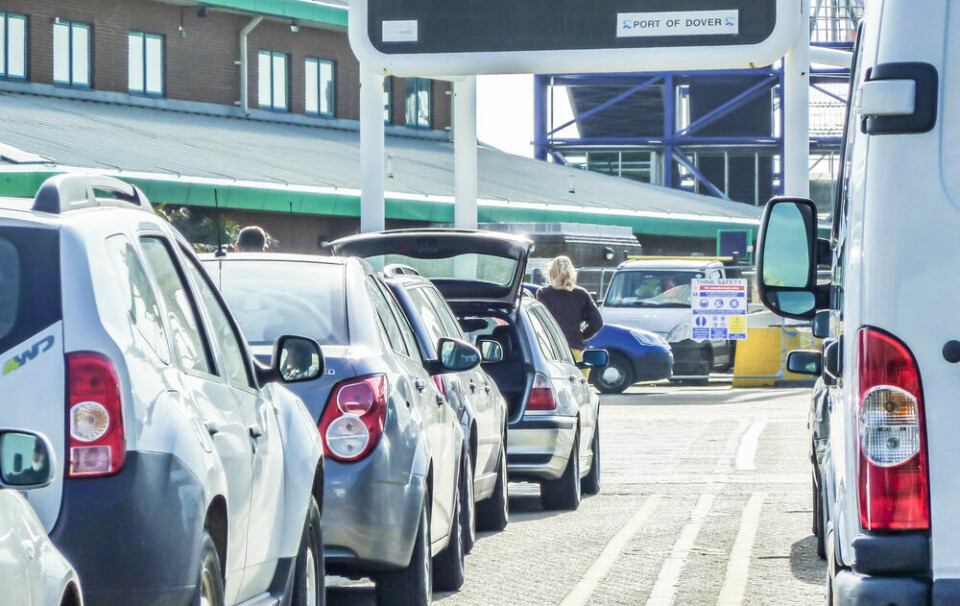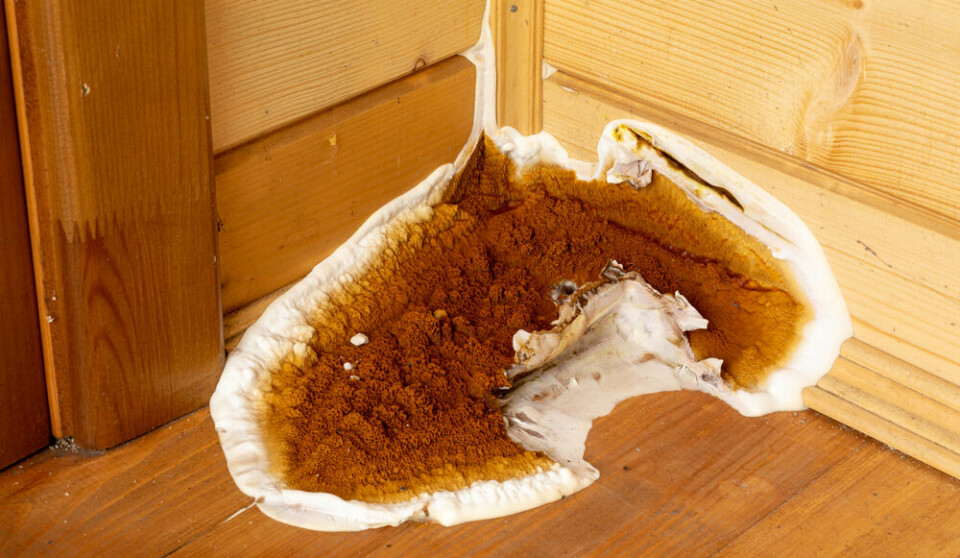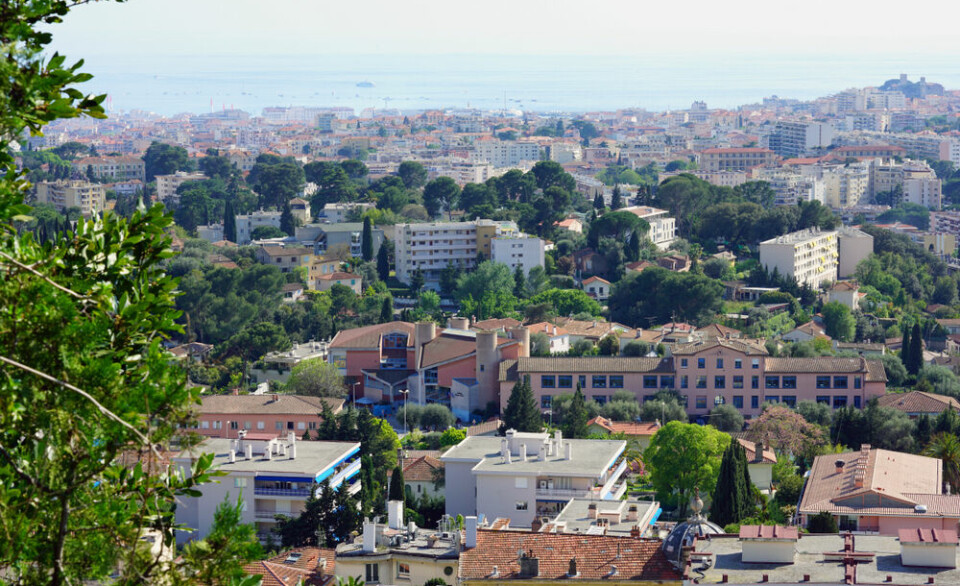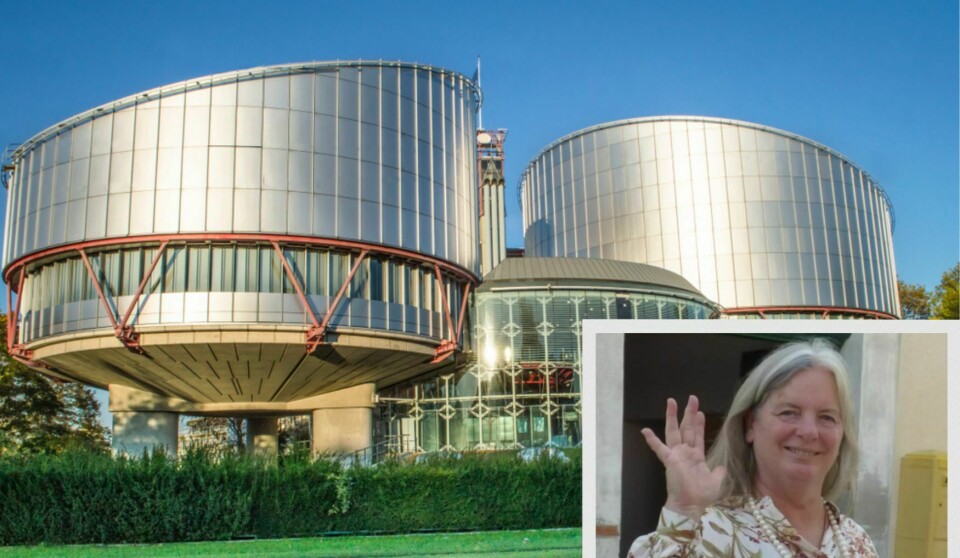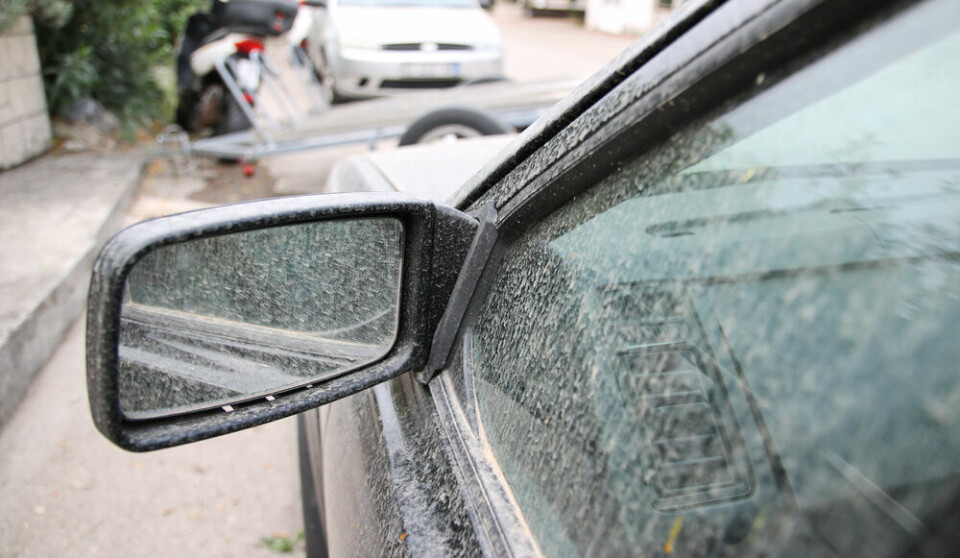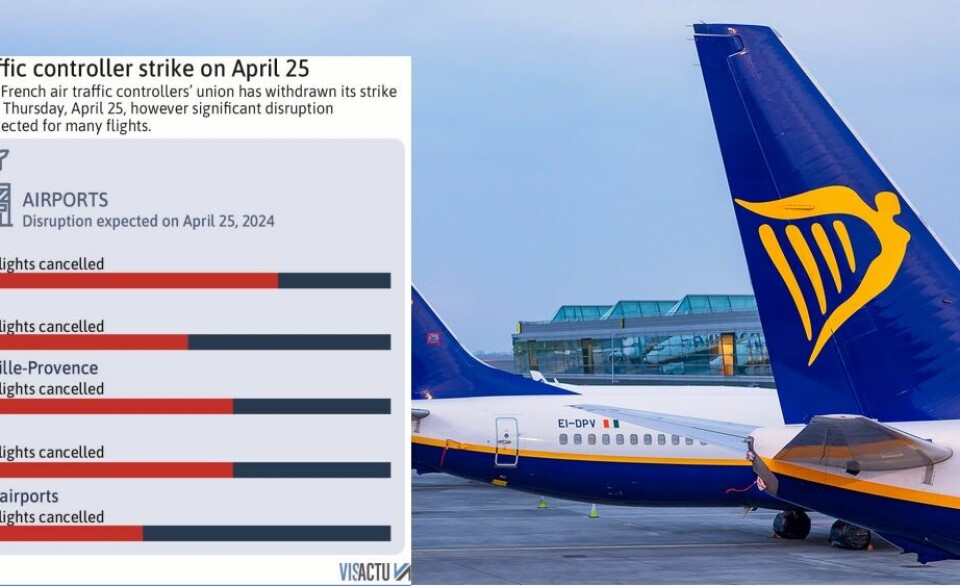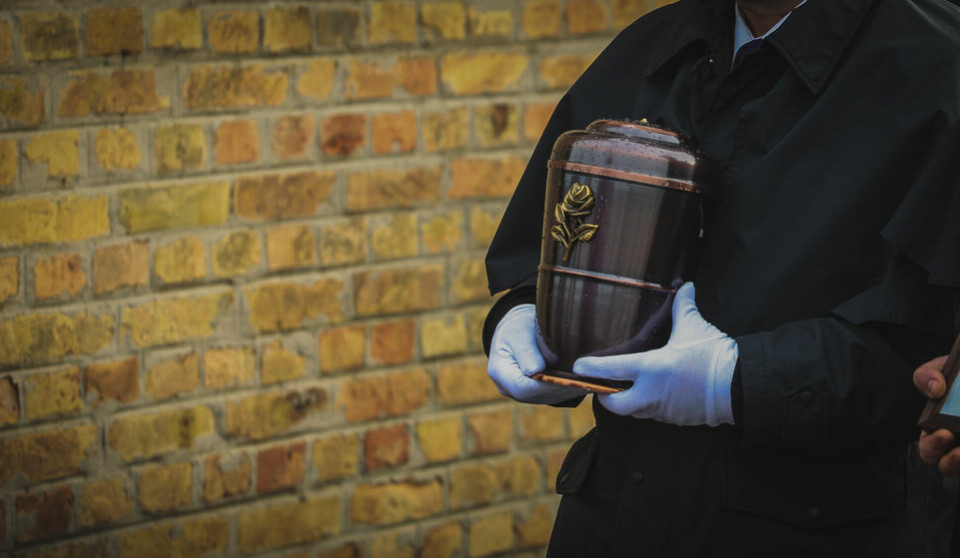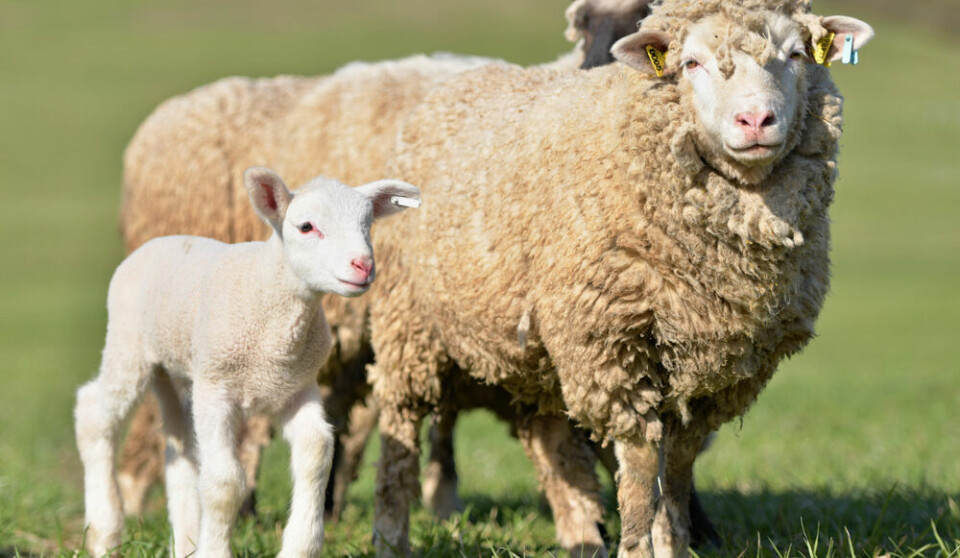-
Paris hospital dog trial goes from strength to strength
An English setter rescue dog at one of the world’s top cancer hospitals in Paris has been described as “a bubble of oxygen”
-
PHOTOS: Olympic Flame to travel to France on beautiful historic ship
The 127-year-old ship sets sail on Saturday with ‘the most important passenger it has ever carried’
-
Phone scams, gardening, insurance claims: 5 French practical updates
Our roundup of recent practical articles you may have missed
Halting self-service fruit and veg cuts shop waste
Stopping shoppers from handling fruit and vegetables could considerably reduce the amount of food dumped by supermarkets, a test has found. Banning self-service in the fruit section cut the number of peaches, apples, bananas and other soft fruit being touched and damaged and thus made unsellable.

The test was carried out by the state environment agency Ademe in 10 shops, ranging from mini-marts to hypermarkets, across the country over the course of a year.
It cut waste by 22% by allowing stores to reduce stock. The shops also set up a dedicated short-dated section, appointed a ‘waste coordinator’ and brought in better price stickers. These changes would result in around 300,000 tonnes or €700million savings industry-wide if rolled out.
Overall, the 10 shops saved on average €70,000 each from a total waste bill of €400,000 per shop – the same as their food profit. Auchan, Carrefour, Intermarché, E. Leclerc and Système U all have computerised stock systems, so Ademe collected their data on how much was bought and how much thrown out and discovered 1% of produce creates 20% of total waste.
Analysis showed most of the waste came from fruit and vegetable sections and cold meats counters with small shops throwing out the most in percentage terms.
Shops were asked to make changes to cut waste over three months. For some it was start-ling – one reduced waste by 66% and another cut the value of food waste by 34%.
Bertrand Pasquier, who manages a Super U store in Légé, Loire-Atlantique, said they cut their total waste by a third.
“Relabelling items allowed us to sell them better and, by tracking what we do not sell, allowed us to buy better and waste less. We put all near-date items in a separate section and this helped raise awareness for both staff and customers. There are no losers, only winners.”
However, some shops said the scheme was costly to manage due to the extra staff needed and could irritate customers.
Ademe said food waste makes up 14% of all rubbish dumped and although large shops must offer it to charity much of it is still thrown out. Across the industry this totals 1.4 million tonnes of waste a year – the equivalent of 2.8 billion meals.
The agency is looking to make changes in other areas of food distribution and is starting a similar test with farmers.
n Meanwhile, Paris residents are to try out a new rubbish bin (with an orange lid) for waste food that can be turned into compost. Each day the city collects 3,000 tonnes of rubbish and 20% is food which could be recycled instead of incinerated.







